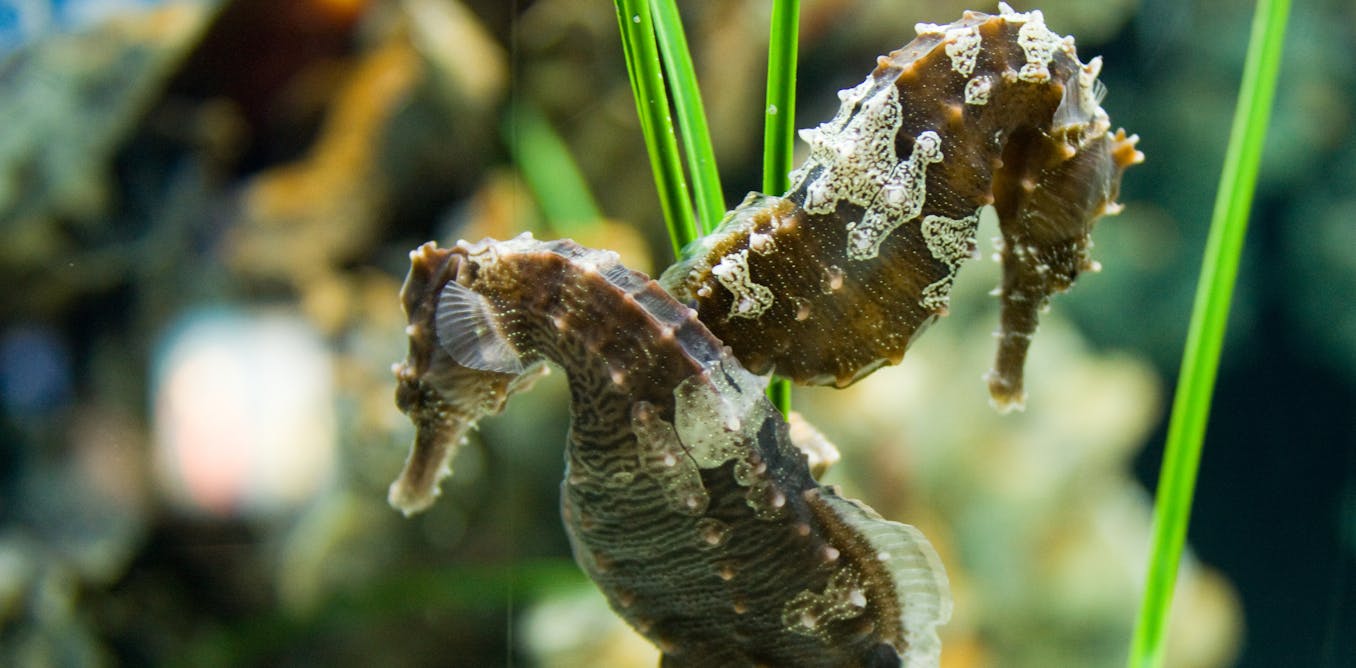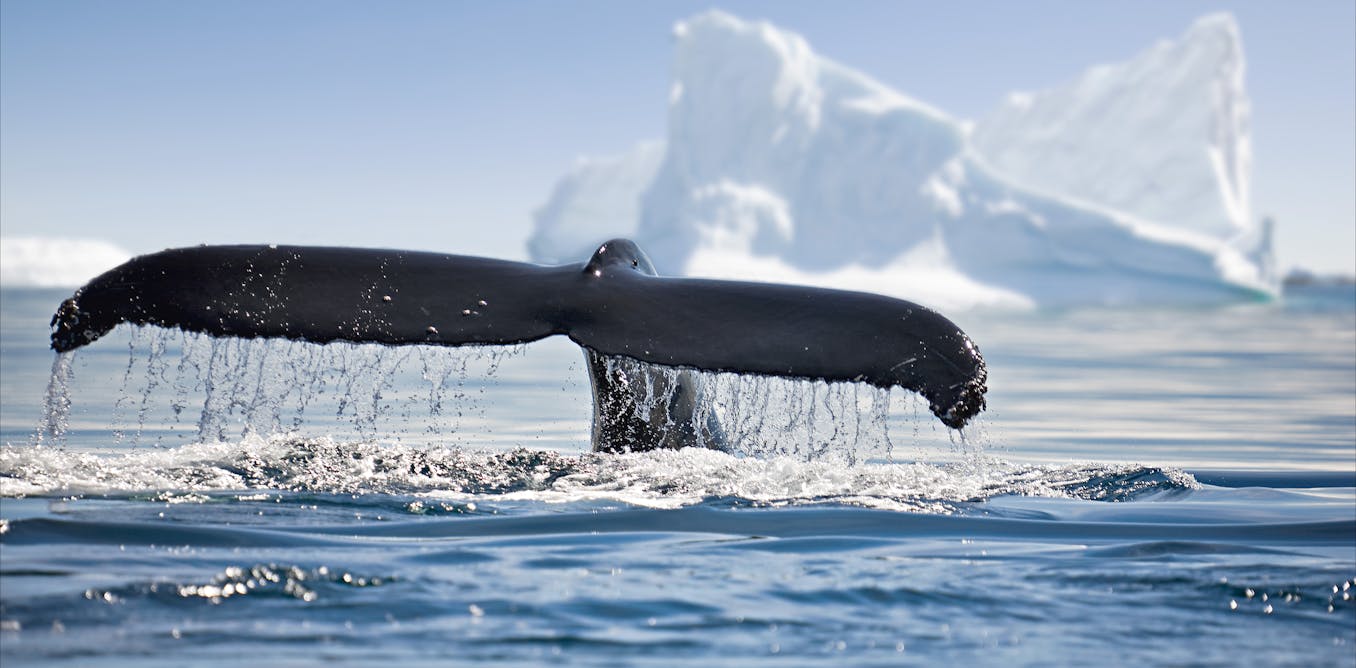● NEWS ● #TheConversation #Wildlife ☞ Nine things you don’t know about #seahorses https://theconversation.com/nine-things-you-dont-know-about-seahorses-165650 "particularly vulnerable to overfishing"
#theconversation
● NEWS ● #TheConversation ☞ The world must not look away as the #Taliban sexually enslaves women and girls https://theconversation.com/the-world-must-not-look-away-as-the-taliban-sexually-enslaves-women-and-girls-165426
● NEWS ● #TheConversation ☞ Why spite could destroy #liberaldemocracy https://theconversation.com/why-spite-could-destroy-liberal-democracy-158698 "He felt that citizens dissatisfied with liberty and equality could destabilise liberal democracy"
● NEWS ● #TheConversation #Nature #Wildlife ☞ Monarch #butterflies raised in captivity can still join the migration https://theconversation.com/monarch-butterflies-raised-in-captivity-can-still-join-the-migration-164025
● NEWS ● #TheConversation #Science ☞ Can consciousness be explained by quantum physics? My research takes us a step closer to finding out https://theconversation.com/can-consciousness-be-explained-by-quantum-physics-my-research-takes-us-a-step-closer-to-finding-out-164582
● NEWS ● #TheConversation #Politics ☞ A decade since ‘the year of the hacktivist’, online protests look set to return https://theconversation.com/a-decade-since-the-year-of-the-hacktivist-online-protests-look-set-to-return-163329
1 Shares
● NEWS ● #TheConversation #Environment ☞ The North American heatwave shows we need to know how climate change will change our weather https://theconversation.com/the-north-american-heatwave-shows-we-need-to-know-how-climate-change-will-change-our-weather-163802
1 Shares
The hopeful return of polar whales
https://theconversation.com/the-hopeful-return-of-polar-whales-151487
In a recent study, scientists reported that blue whales, once prized by whalers for their gargantuan size, are increasing in number in the waters surrounding the sub-Antarctic island of South Georgia, with 41 new individuals catalogued over the past nine years. South Georgia saw around 3,000 blue whales killed each year at the hunt’s peak in the early 20th century. The waters surrounding the island are rich in the krill these whales eat, and scientists believe their return heralds a “rediscovery” of this oceanic larder by new generations.







